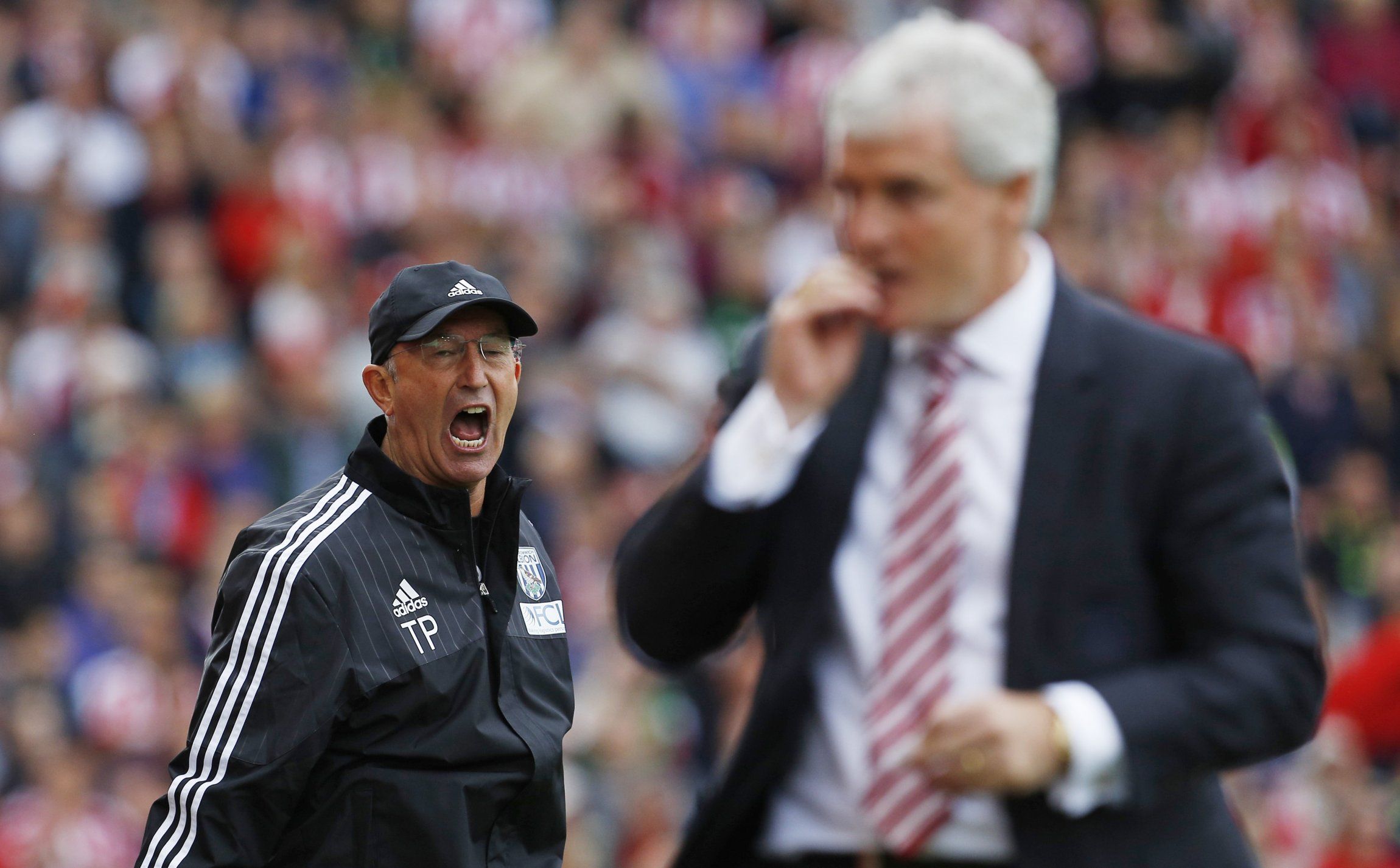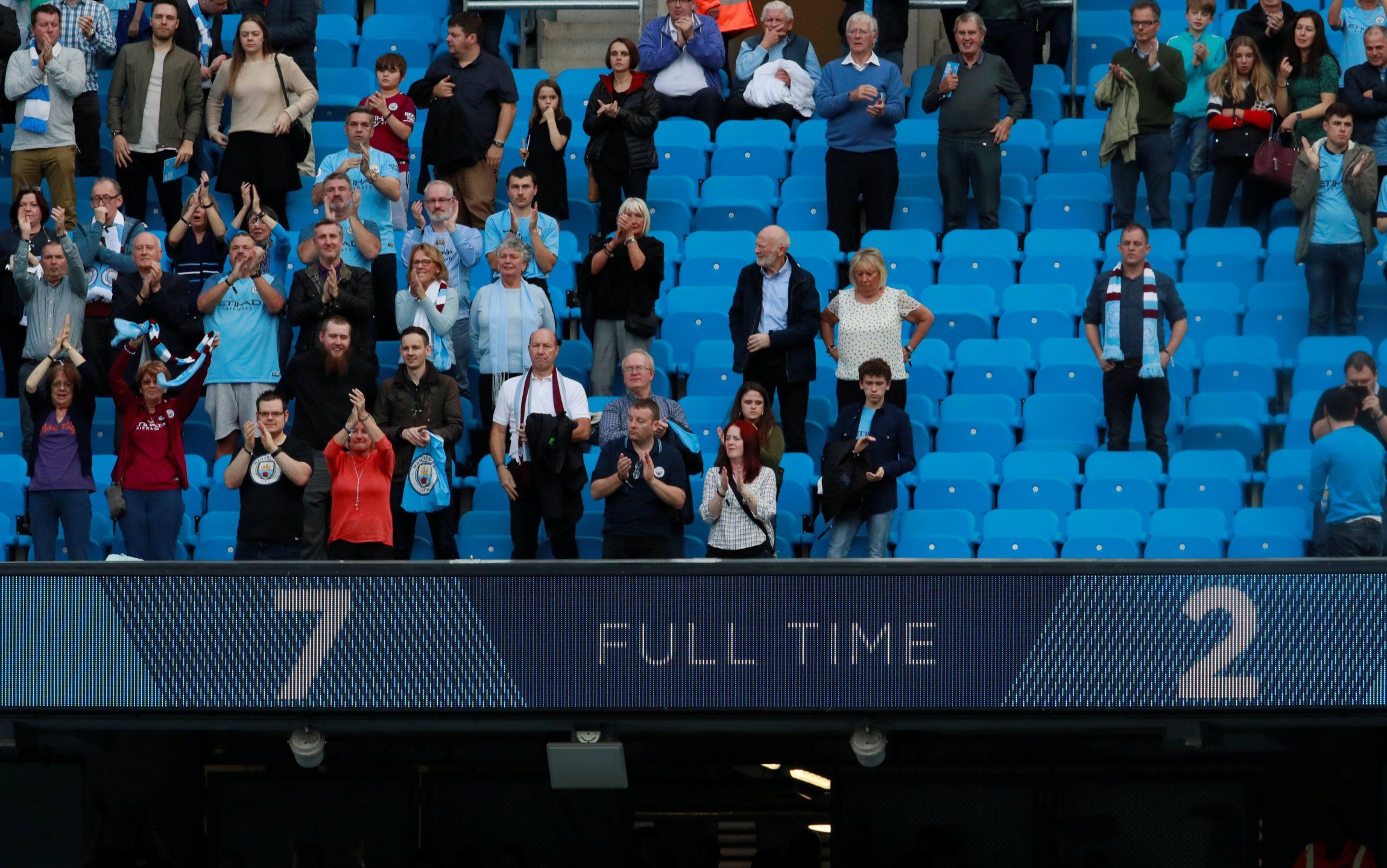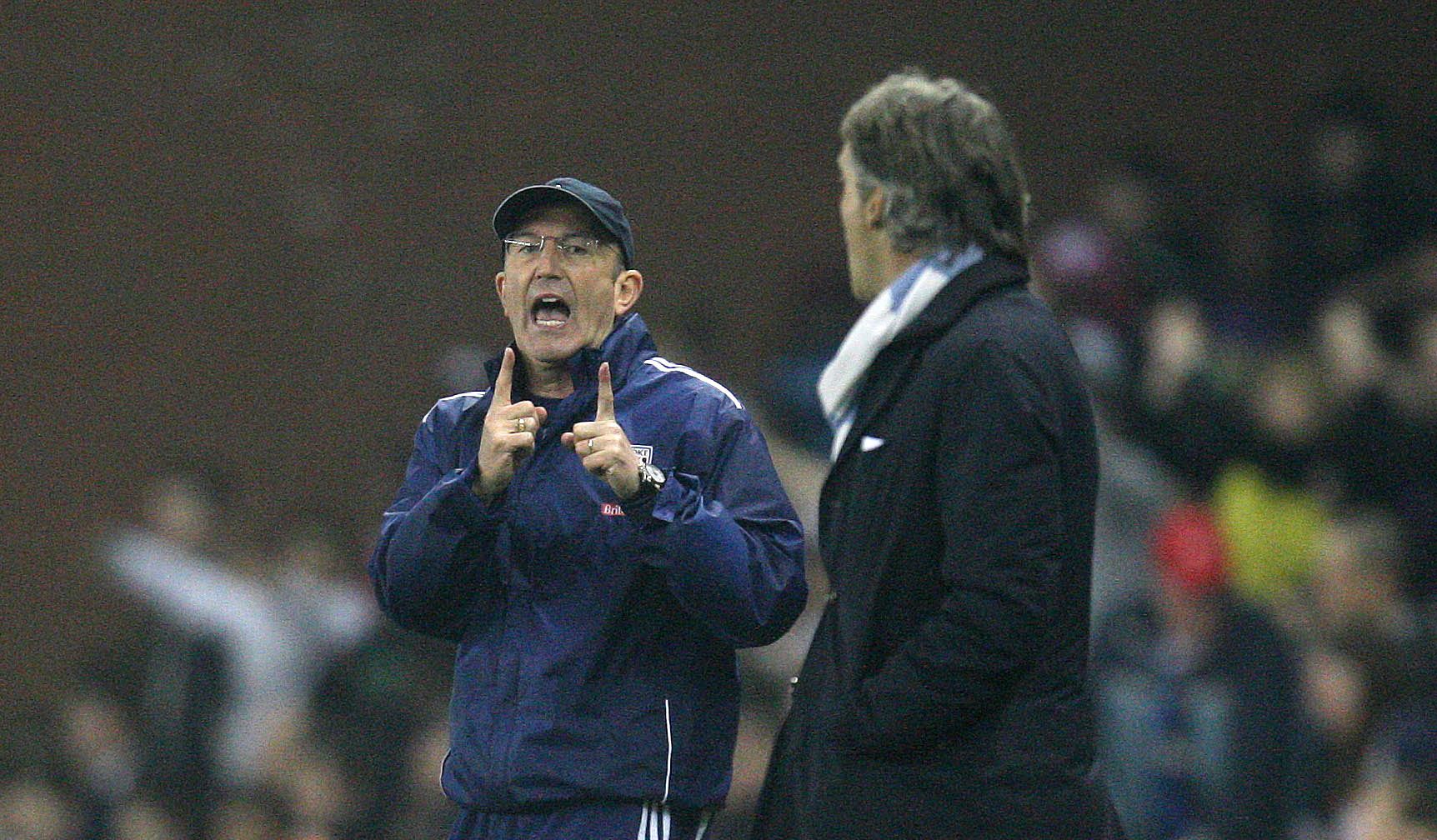Tony Pulis was sacked by Stoke City in 2013, with the Potters established in the Premier League and having never really been in any grave danger of returning to the Championship.
Former Fulham manager Mark Hughes was seen as the man to usher in a new, more expansive style at the Britannia Stadium (now the Bet365 Stadium) while also retaining the steel that Pulis had instilled.
The no-nonsense Welshman might not have been the most obvious choice to bring passing football to the Potteries but the feeling was that Stoke had reached their ceiling under Pulis.
They were a secure, mid-table club playing a rudimentary style of football associated with underdogs. With hindsight, we're now able to see how the Hughes era would play out.
The bedding in period while Hughes implemented his ideas did not put Stoke in immediate danger but after three straight seasons of finishing ninth, ending last season in 13th place was a precursor for what was to come this time around.
Hughes was dismissed in January with the Potters in the relegation zone. His reign came to be characterised by excuses, lavish spending and ultimately, a style of play that was not much more attractive but had a flimsy defence at its heart.
Moreover, the Bet365 was no longer the cauldron it was under Pulis, most notably when the big boys came to town. Tottenham and Manchester City have enjoyed easy, heavy wins at Stoke in recent years and Pep Guardiola's Citizens will pitch up there on Monday night expecting another.
Having put seven past Hughes' Potters at the Etihad earlier in the season, City have shown Stoke just how good they are first-hand already this term.
We all know by now how good City can be but no team in the Premier League has surrendered quite as meekly as Stoke did in the face of their blistering attack.
That defence put together by Pulis has been decimated, with workmanlike defenders such as Robert Huth replaced by internationals such as Bruno Martins-Indi but it has only served to create a defensive unit that wilts when placed under extreme pressure as opposed to digging in.
That brings us back to Pulis' approach in the games against the top sides, particularly at home. Stoke were dogged, resilient and defended deep but they also maximised every opportunity they could to cause problems.
No matter how unfashionable - using long throw-ins, long diagonals and almost every set-piece - Pulis was determined to get his side to use their minority share of the ball to hurt their illustrious opponents.
That contrasts with how many Premier League sides have rolled over and played for a point this season against the top six but it is also a far cry from the soulless, flimsy Stoke side Hughes left when he was eventually sacked this season.
In their quest to modernise, to progress their style of football and to keep the ball on the ground more, Stoke lost a lot of attacking thrust and the ability to fashion something as minor as a throw-in or a goal kick into a chance to unsettle their opponents.
The Pulis big-club blueprint was well-established by the end of his reign and it brought about what is surely the most memorable moment of Stoke's ten-year tenure in the top flight.
That moment is Peter Crouch's staggering volley against City, in March 2012. It is the essence of Pulis-ball and reminds us all that, while the pursuit of an attractive, fluid, modern passing game is a noble one, there can be beauty in simplicity.
A long diagonal is aimed forwards by Asmir Begovic, towards Crouch, who has peeled off towards the right-hand corner of the penalty box, easily outjumping Gareth Barry to flick the ball towards Jermaine Pennant.
As Barry hauls himself from the canvas with the look of a man who is unsure what has just happened to him, but showing no real appetite to sprint back in and react - the kind of complacency Stoke's simple, full-blooded style was perfectly suited to exploiting - Pennant nods the ball back to Crouch.
Now, neither Barry nor Joe Hart in goal could have foreseen what happened next. Nobody in the stadium could have and Crouch probably didn't either, but it was the culmination of a move that summed up Stoke at that time.
The thing about Crouch is that for a big man, he wasn't that good in the air. He's already done the part he's less comfortable with by winning the header. His first touch is sublime, and the ball drops, begging to be volleyed.
Obviously, a lanky leg is unfurled to do just that. Every single one of us would have tried it and a large part of Crouch's enduring appeal is that he seems just like every single one of us.
Joe Hart, at this stage England's undisputed number one goalkeeper, has no chance with the swooping, dipping volley that ends up in his bottom right-hand corner. City beat Stoke 1-0 in the previous season's FA Cup final but Crouchy has just secured a degree of revenge in the sweetest possible way to send the Britannia wild.
A goal of undoubted quality and skill - a memorable moment in the Premier League's 25-year story - has punctuated Stoke's dogged, resolute style and Pulis is on the touchline absolutely loving it.
That basic style got them into the Europa League, where they had been narrowly eliminated by Valencia the previous month and for all Stoke's subsequent attempts to evolve, they didn't even get close to returning under Hughes.
As Paul Lambert searches for a way to take down Guardiola's outstanding City 2017-18 vintage, he could do a lot worse than use Pulis' blueprint - and hope one of his more fashionable, creative talents adds the stardust even half as well as Crouch did.
[ad_pod ]




